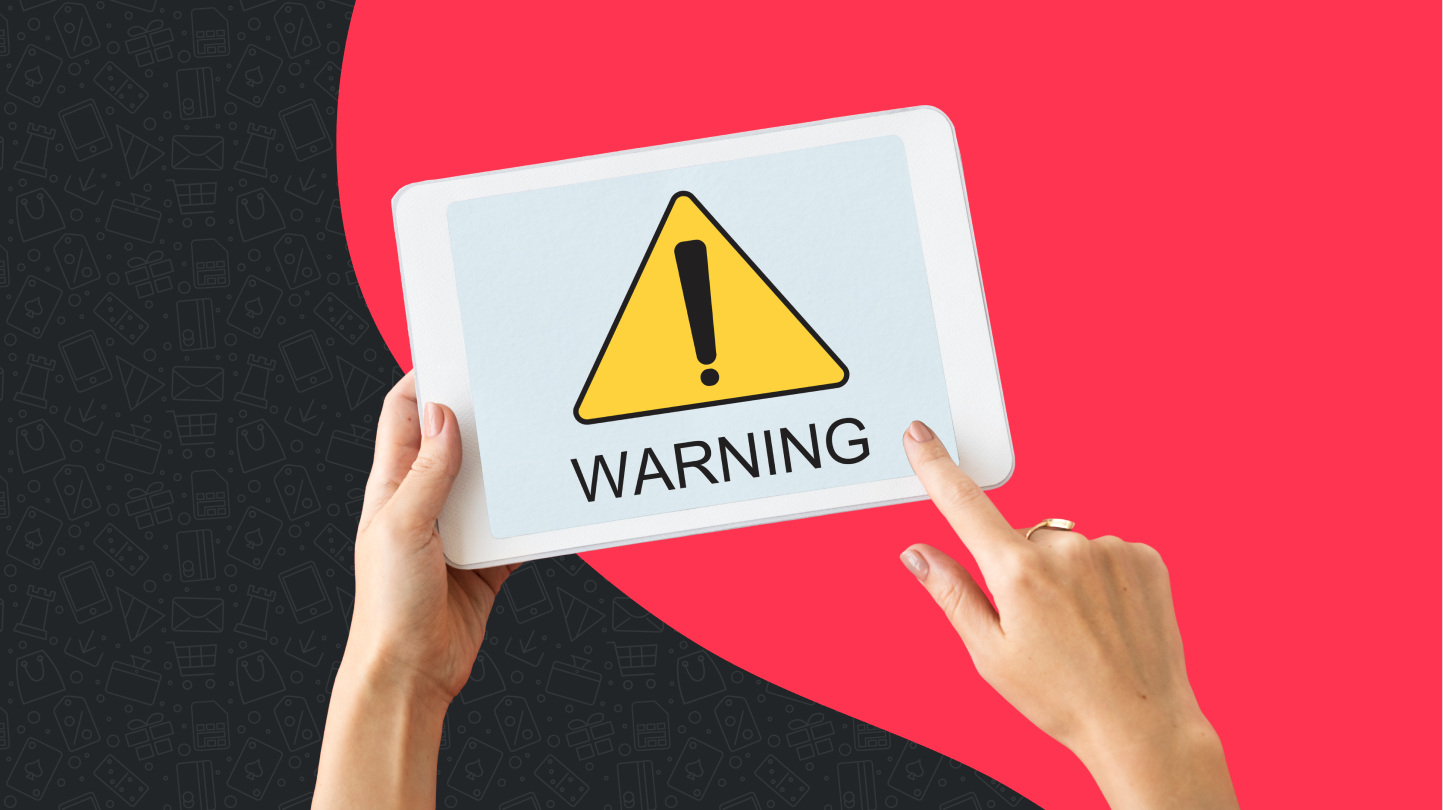Gaming as a hobby takes time. Whether you use it to enjoy a new title, share laughter with friends or scam innocent people, we all have different intentions behind the controller. Wait a second, scam people? That’s how easily they get you! Scammers are skilled at what they do and might not always stand out. . So, here are 8 tips on various gaming platforms that will give you online eagle eyes for detecting shady practices and malicious scammers.
1. Stranger Danger from new Discord members
Anonymity is a blessing and a curse on Discord. While it grants you protection against strangers or unwanted encounters, it also enables scammers, bullies and raiders to harass people online continuously sometimes even despite getting banned.
Therefore, elevated caution is advised with users carrying the New Server Member badge. It’s a role that people are branded with for their first 7 days of joining a server. If you get an unsolicited DM, it’s wise to check whether the person in question has such a New Server Member icon on a shared server. Additionally, check their chat history by typing “from: [user’s name]” in the server search bar. If there are no meaningful results, this is most likely a user with malicious intent. It implies they’re not an active part of the server and are seeking their victims in an isolated environment, your DMs.
2. Scammers sliding into your DMs
While sliding into your direct messages isn’t necessarily always bad, it can easily turn into a disappointment when it’s not for the reasons you’re expecting. If you happen to get a direct message from a stranger asking odd questions, this may be part of a scamming routine. No matter the urgency, if it sounds really random or suspicious, look up whether other users have had similar experiences. We wrote an article on the “Is this your Steam account?” Discord scam. It’s one of the most widely known scams on Discord that tries to scam you of either your private data, money or entire Steam account. In that article, you can find additional tips on how to protect your Discord account.

3. Steam VAC bans on record
The most painful but obvious sign on Steam that something is off is the Valve Anti-Cheat ban. Those are usually given to players who hacked or cheated in one of over 100 games, like Counter-Strike, Team Fortress 2 or Call of Duty: Black Ops 6 that use the VAC system. For better or worse, these bans can be quite old and sometimes misleading as they stain Steam profiles forever (VAC bans can’t be reverted). But regardless, they do give a glimpse of malicious actions in the past, which may just protect you from unwanted behavior.
4. Changing profile names frequently
Another good sign to look for is whether the profile in question has frequent name changes. And, not necessarily to variations of the same name, but rather completely different ones. This hints at a quick change of identity to hop from one victim to the next without getting recognized. Also watch out for users sporting shady websites in their names.

5. Private profiles
Who doesn’t love those? Suddenly, you have a friend request, and you can’t check any of their profile information. Keeping your online identity private is important, but why would you accept someone you know nothing about? Communication goes both ways. So, private profiles are inherently shouting “Proceed at your own risk” without actually saying it.
6. Currency and gift card generators
The dream of free Robux has been around ever since the paid virtual currency was introduced to Roblox in 2007. Read our article about Robux generators, where we describe these fake services that claim to magically increase your in-game balance, but with a catch: You have to visit a scam website, give away your login information or get your device infected with a virus. The bottom line is that if it’s too good to be true, it usually is.

7. Referral code scams with Temu
While Temu itself is a legitimate platform comparable to Shein, its appearance out of nowhere has sparked a lot of uncertainty and suspicion. This is not further helped by recent scams on TikTok as well as Xbox. Users get messaged by random people impersonating Xbox staff, claiming 'you won an Xbox Gift Card'. All you have to do then is redeem a code on the Temu app. This however, is a referral code and will grant the scammer rewards / money for their account without you receiving anything in return.
While relatively harmless of a scam, it’s incredibly annoying and encourages scammers to bait unsuspecting users and to eventually step up their malicious practices.

8. Impersonating staff & phishing
Whether on PlayStation or any other platform, as a general rule of thumb you’re never going to get contacted directly by staff, unless you requested it yourself, and then only via their support channels. However, this doesn’t stop impersonators pretending to be PlayStation staff from contacting players and phishing for information.
Some may request you to “verify your identity” by asking for your personal data, email address and password – Sounds silly, doesn’t it? Sharing your own sensitive data with a stranger via a message on PlayStation? But in more advanced cases, a simple malicious link can direct you to a website doing the exact same thing without your knowledge.
I spy with my little eye …
A scammer! That’s right, now you’ve got the eagle eyes for spotting them, too! No matter whether your preferred platform is PlayStation, Xbox or Steam, these tips will help protect you from unwanted visitors. It is important to us at dundle that we help all online users be safer online. Now you know the lengths scammers will go, while being empowered to know there are steps you can take against them. Sometimes people learn about scams and scammers too late – don’t worry, it happens. If you need more advice and information on the next steps, consult our article on what to do after you’ve been a victim of fraud. From one gamer to another, safe gaming!







